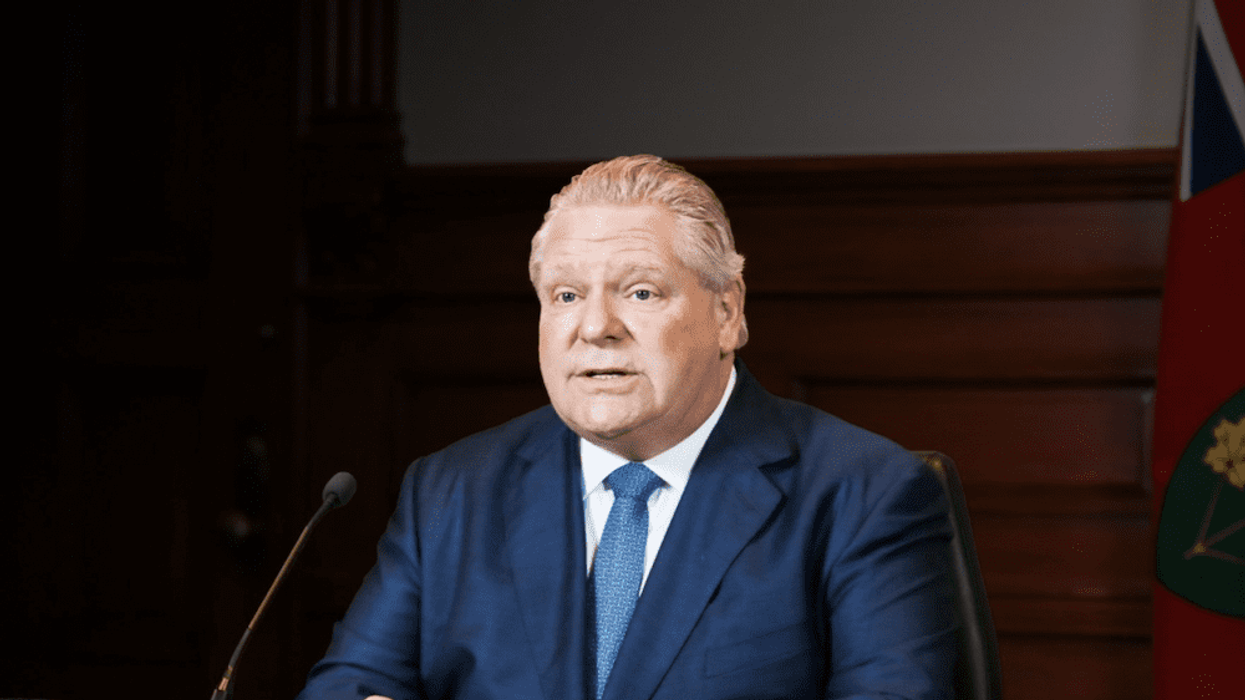Ontario's Auditor General is investigating the provincial government's use of Minister's Zoning Orders (MZOs) to override municipal approval processes and facilitate developments.
In a letter to Ontario NDP Leader Marit Stiles dated October 6, Acting Auditor General Nick Stravropoulos confirmed that the government's MZO use had been identified for audit — a process that began on August 30.
The NDP had written to Stravropoulos' office on September 28 — after, as it turns out, the Auditor General had already identified the MZO use for investigation — asking for an audit of the government's amendments to municipal official plans, MZOs, and other ministerial orders. In their letter, the NDP alleged that there was evidence that the same developers who would have benefitted from the Greenbelt land removal were given preferential treatment when it came to MZO use.
"I am pleased to see the Auditor General launch an audit into the way Ford’s government selects and approves MZOs in this province, and I welcome the eventual report that will help shine light on this process," Stiles said on Tuesday.
The Auditor General's office has not said when the report on MZOs will be made available.
Part of Ontario’s Planning Act, an MZO is a tool that allows the Province to decide how a piece of land is to be used, superseding typical municipal planning and consultation processes. When used, there is no chance for appeal from municipalities, citizens, or special interest groups like heritage or environmental advocates, despite often inevitable pushback.
The Ford government has already taken substantial heat from Auditor General findings this year, after a report released in early August found that lands selected for removal from the Greenbelt (a decision that has since been reversed) were done so using a biased, opaque process, with preference shown to certain developers and land owners. Lysyk's findings ultimately led to the resignation of the Housing Minister's Chief of Staff, who was blamed for the land selection process, the results of which would have seen the values of chosen lands increase by a collective $8.3B.
This is also not the Auditor General office's first look at the Province's use of MZOs. In 2021, then-Auditor General Bonnie Lysyk found that the Ford government was frequently using MZOs to fast-track developments. Her report found that the provincial government issued 44 MZOs between March 2019 and March 2021. Of those, 17 were given to the same seven development groups or companies. In previous governments, about one MZO was issued per year.
The Ontario government has utilized MZOs to approve a number of controversial projects, including the (almost) demolition of the West Don Land's historic Foundry building as well as an addition to the Durham Live casino which called for the paving-over of a large area of wetland.
The government, however, has maintained their position that MZOs have been used in the interest of getting housing built across the province. Last spring, the largest-ever MZO was issued to support dense transit-oriented communities near the upcoming Bridge and High Tech stations along the Yonge North Subway Extension.





















